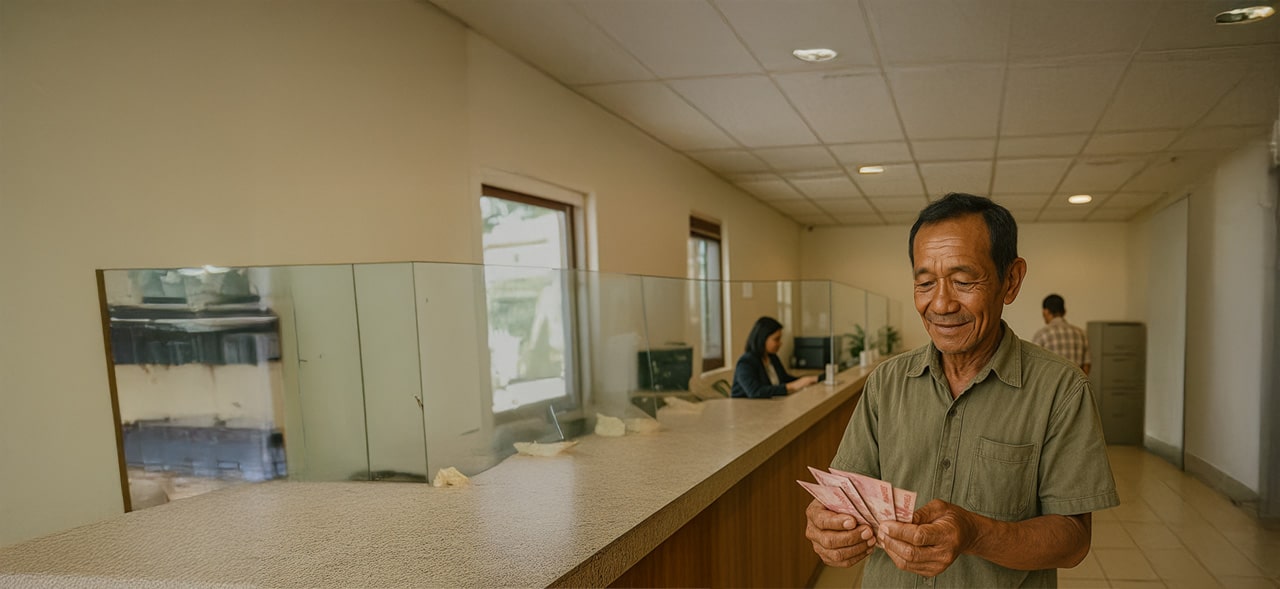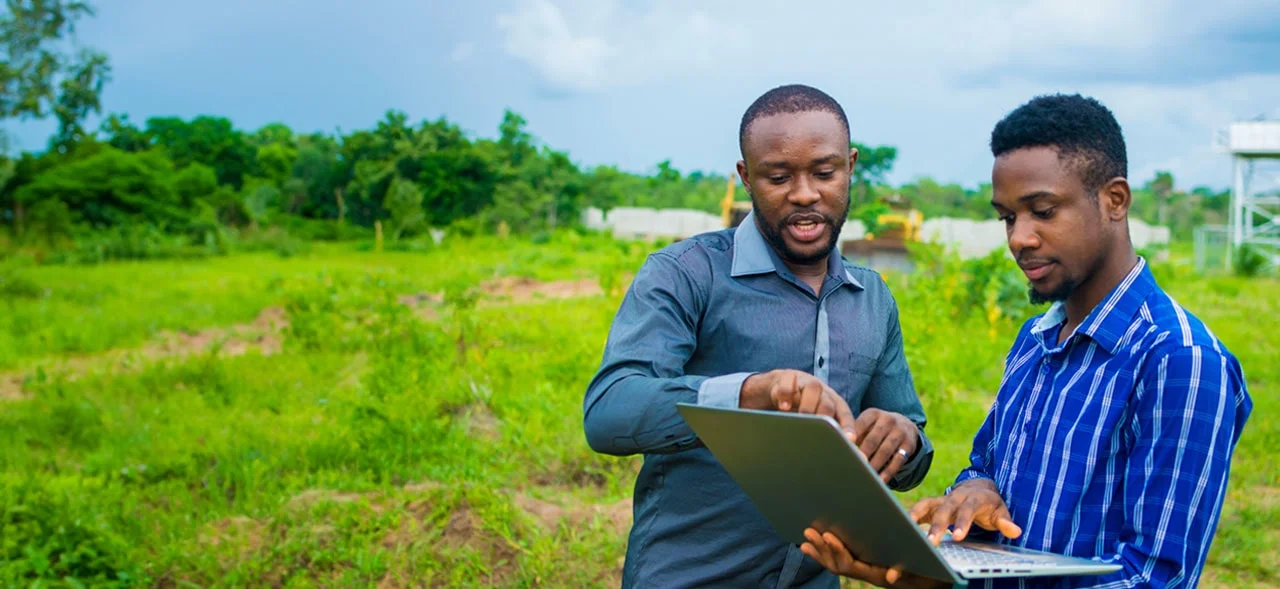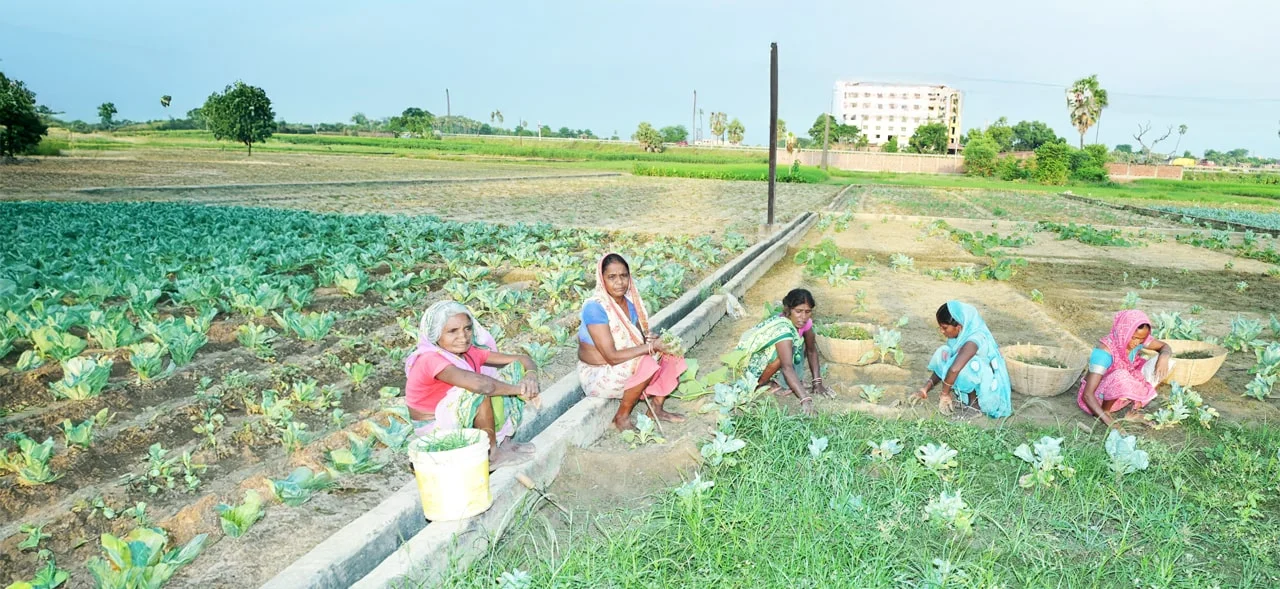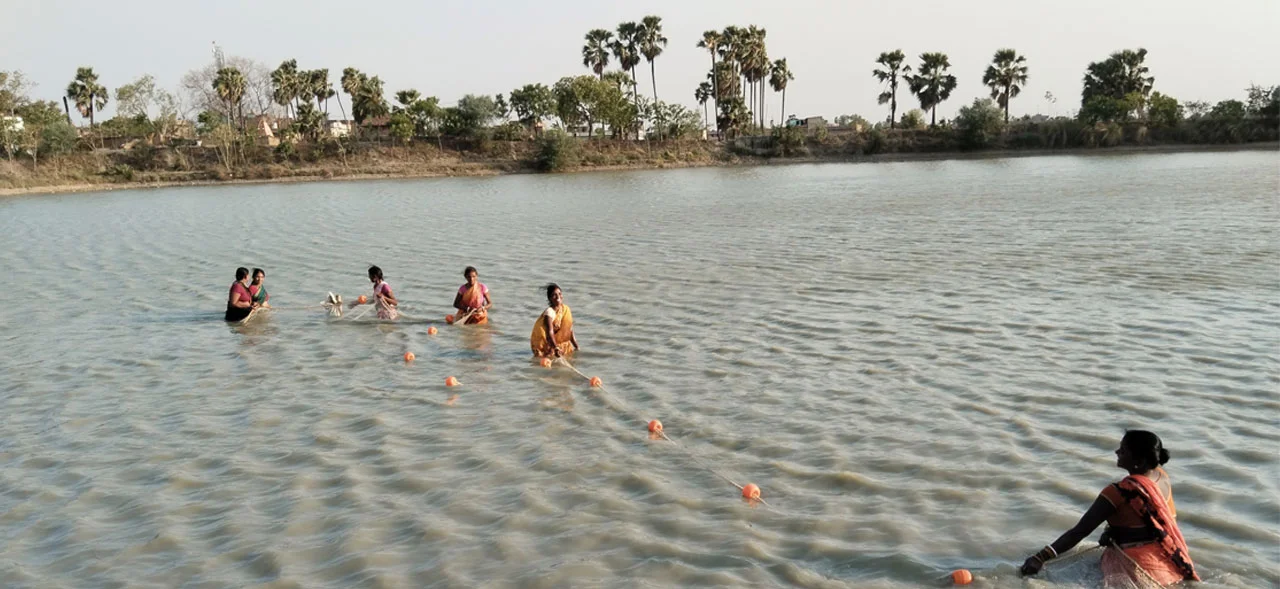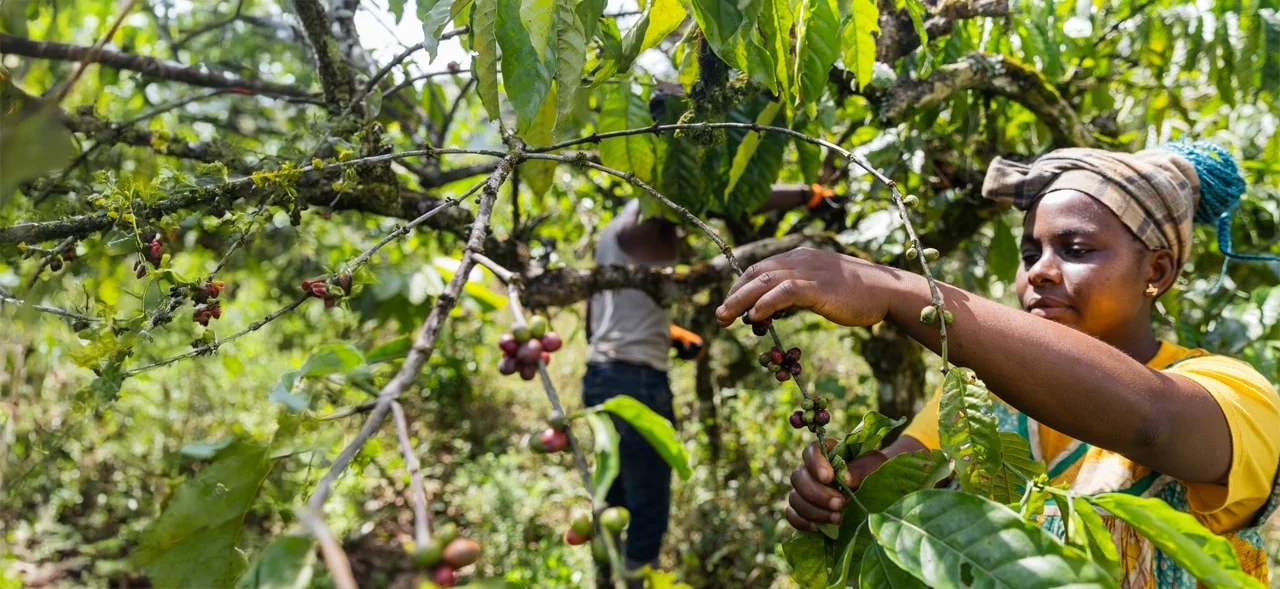Bina Artha, a microfinance institution in Indonesia, sought to scale its operations and extend financial inclusion to underserved communities. As a venture capital firm, Bina Artha employed a modified Grameen group-lending methodology to reach clients typically excluded from formal financial systems. To support its expansion and long-term sustainability, MSC was engaged to provide comprehensive technical assistance focused on strengthening Bina Artha’s operational, financial, human resource, and management information systems (MIS).
MSC’s engagement covered six core areas critical to institutional strengthening. It began with product attribute-based market research to understand client needs and design relevant financial products. MSC then documented the complete client lifecycle operations—from acquisition and appraisal to disbursement, collection, and delinquency management. To enhance internal consistency and operational efficiency, MSC developed structured systems for both branch-level and back-office functions. Additionally, MSC built a robust financial accounting system to manage book keeping, streamline data flow, and ensure accurate reconciliation. It also established human resource systems covering recruitment, training, compensation, and policy development to boost organizational capacity. Finally, MSC designed and implemented a customized management information system (MIS) to support data-driven decision-making and improve institutional oversight.
This end-to-end support significantly improved the institution’s operational efficiency. MSC’s interventions provided Bina Artha with the tools and systems needed to scale sustainably and deliver inclusive financial services to low-income populations. The work built a strong institutional foundation for performance improvement and future growth.
Bina Artha commissioned the project.
